A Glimpse of Eternity
Staring at the glorious starry sky is Günther Wuchterl's passion –his mission: fighting light pollution."Never on earth do we see further or more clearly than when we cast our eyes up to the night sky." It's a sight that never seems to end. Günther Wuchterl has had this fascination for all his life. "Just like there's a perfect wave, there's a perfect sky. And the quest for it never ends." In order to provide a rational explanation for his passion, Wuchterl studied technical physics and technical mathematics at the Vienna University of Technology (TU Wien) as well as astronomy, philosophy, and zoology at the University of Vienna. "In order to comprehend it, you must inevitably deal with certain natural sciences. For me, the universe could never remain shrouded in mysticism."
"Just like there's a perfect wave, there's a perfect sky. And the quest for it never ends."
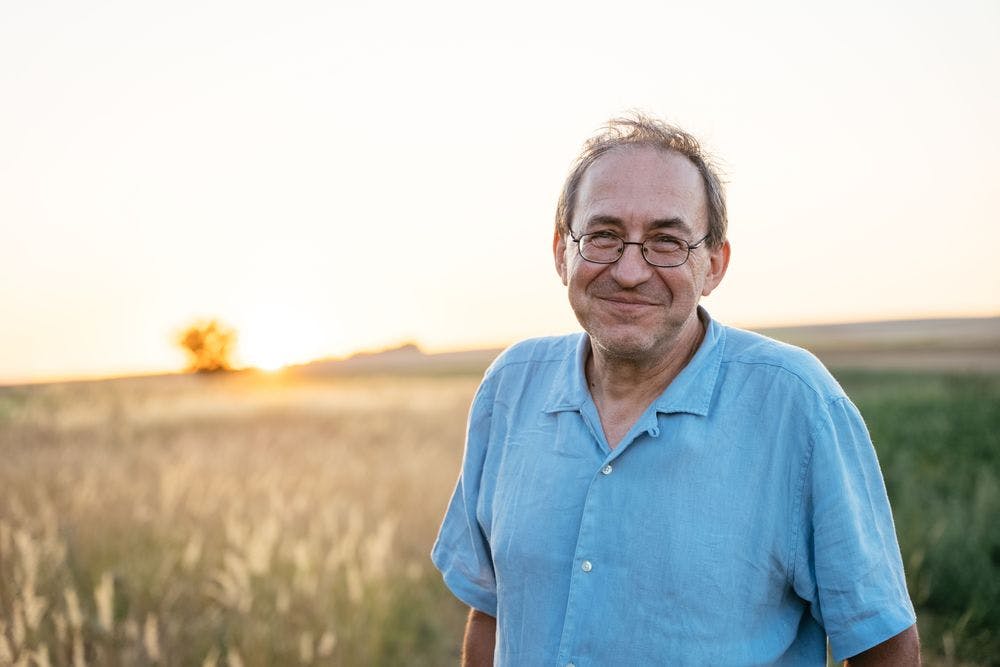
Grossmugl is a starlight oasis
The realisation that he could use his scientific knowledge to describe natural laws himself and thus contribute to a better understanding of the world was a fundamental insight. "I also want to share these achievements and pass on my enthusiasm." He has already found a way to do this with the Grossmugl Star Trail. Only a 40-minute drive from Vienna's city centre, the starlight oasis in southern Weinviertel is a spot where the view of the universe is still unspoiled by the growing light pollution found elsewhere. The reason for this is Grossmugl's unique location. "To the south lie the Alps, plus the light produced by the nearby metropolis is somewhat diminished by a number of mountain ridges that function as a natural light-blocking barrier. Go ten kilometres west of here, and the spell is broken."

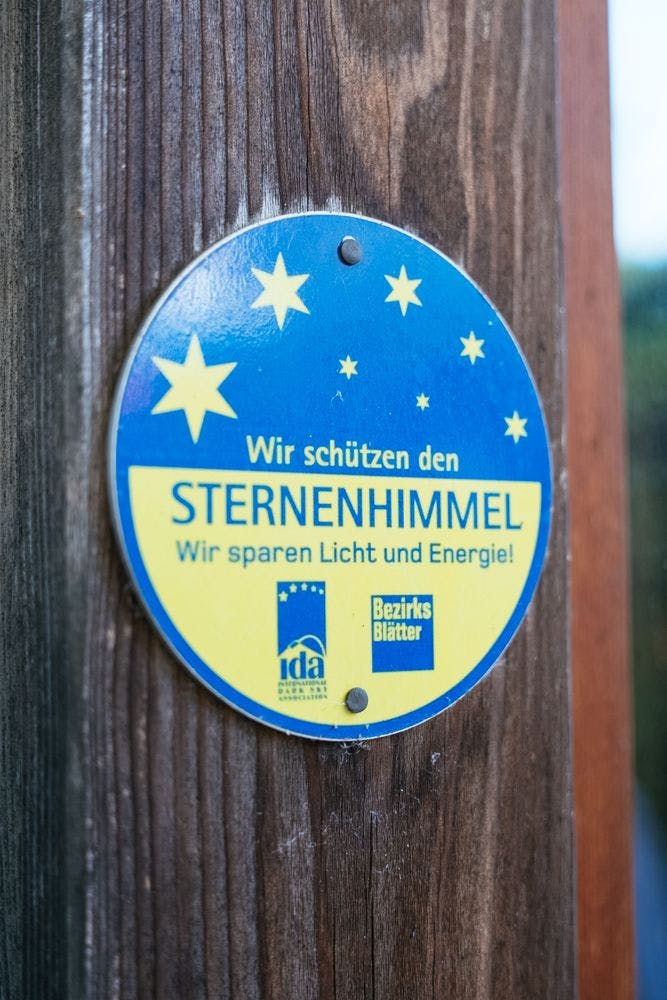

"When the Milky Way unfurls its giant tail high above your head, these are moments that will always touch you deeply – regardless of any mathematical and physical calculations."
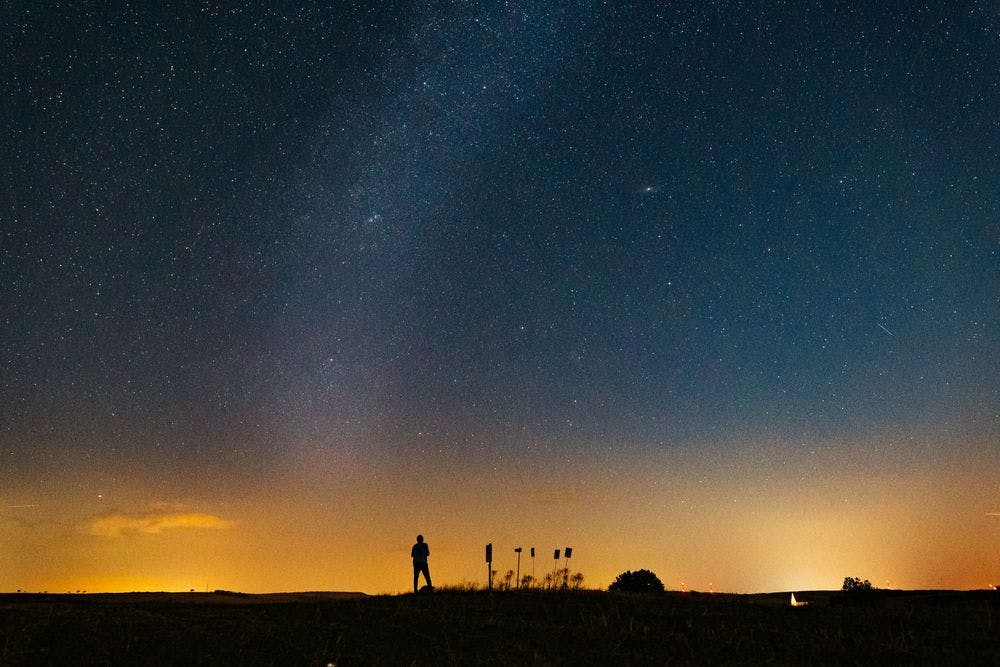
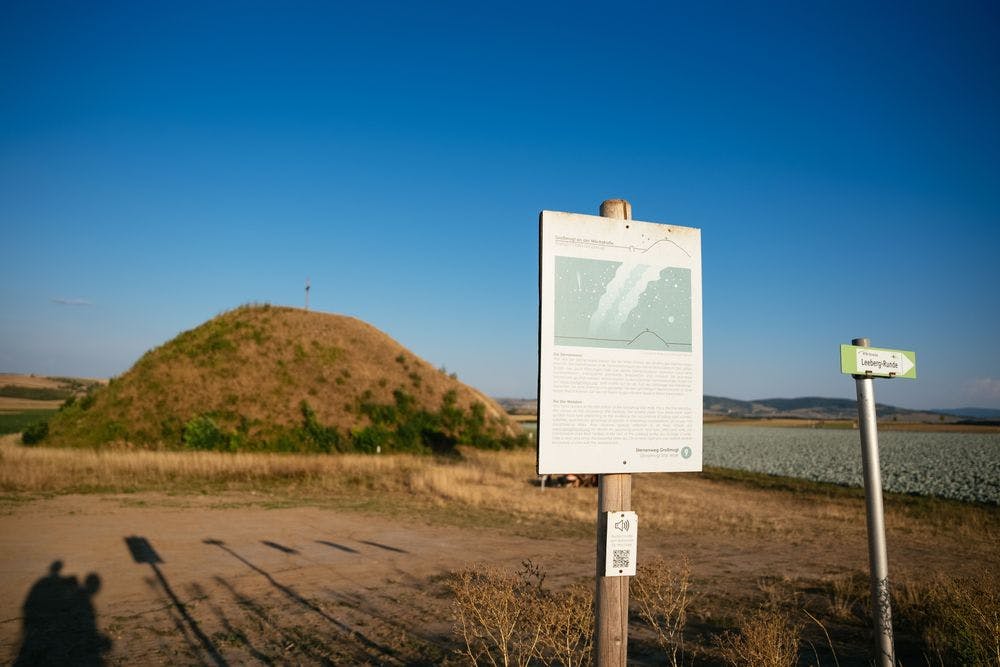
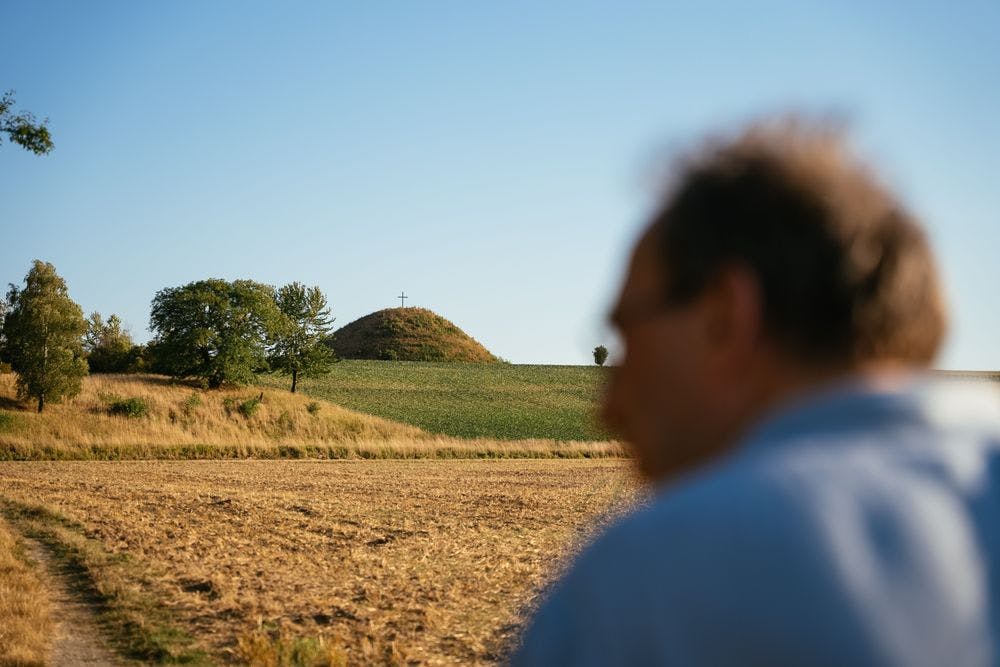
Exploring astronomy on foot
The Star Trail itself is a 1.5 kilometre-long themed astronomy trail which starts in the village of Grossmugl and ends in Leeberg – a prehistoric burial mound looming above its surroundings. Visitors can learn about the wonders of the night sky from informational signs or on the regularly scheduled guided tours hosted by the Kuffner Observatory Association in Vienna. In order to preserve this exceptional site for posterity, Wuchterl, as the Austrian chairman, is leading a worldwide campaign with the International Dark Sky Association, which has put education about light pollution – and the fight against it – on its agenda.
Increasing light pollution
In the 1950s and 1960s, you could still see the Milky Way from Vienna with the naked eye. Since the 1980s, however, this hasn't been the case, says Wuchterl. Since then, steadily increasing levels of light usage have posed a threat to a clear view of the starry firmament at night: "In the past, candles weren't much of a problem, but today electric light is omnipresent. It is therefore up to each individual to be aware of this and adjust their use accordingly. Just switch off the light when you're not using it." Incidentally, the community of Grossmugl switched its street lamps to new-generation lighting years ago – to star-friendly ones, of course – and the area's wildlife also benefits from the downward-facing lamps emitting amber light.
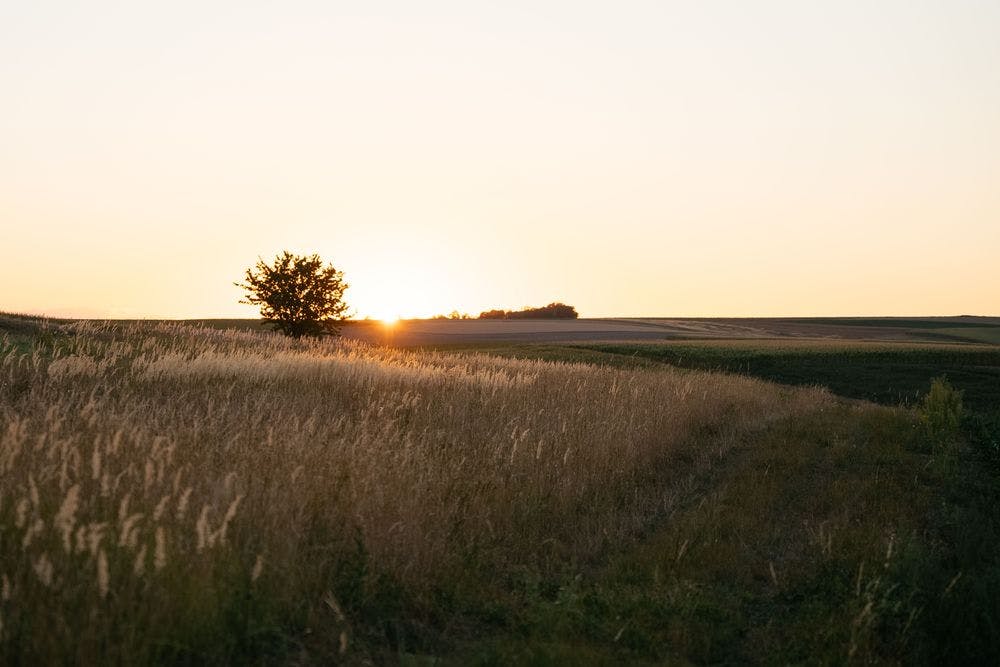
A fascination for the stars
He is certain that the fascination of staring up at a clear starry sky will never fade. "When dusk sets in on a cloudless summer evening and your eyes slowly adjust to the darkness, when the evening star has begun to shine and the Milky Way unfurls its giant tail high above your heads, and the summer Perseids put on their annual show of spectacular shooting stars: these are moments that will always touch you deeply – regardless of any mathematical and physical calculations." It's worth making an effort to preserve such moments. Public discourse is essential for Wuchterl: "When the things that are important to you, that you love, disappear - what can you do to save them? The most important thing is to show what is disappearing. Now is our last chance to show what people will soon no longer be able to see. Our children, our children's children, and the generations to come have a right to enjoy the stars."
The Grossmugl Star Trail
Created in 2014, the Großmugl Star Trail can be walked both during the day and at night. The trail is waymarked with panels that serve both as signposts and to convey astronomical information. An application for inclusion as a UNESCO World Heritage Site - to protect this unique place for the future - has already been submitted.
Dr. Günther Wuchterl studied astronomy, physics and mathematics at the University of Vienna and the Vienna University of Technology (TU Wien). He works for DLR, the German Space Agency, at the Thuringian State Observatory Tautenburg for the CoRoT space telescope. He is also chairman of the Austrian section of the International Dark Sky Association for the protection of the night environment. His main field of study is the fluid dynamics of star and planet formation.
Translated by: Theodore Snydal

